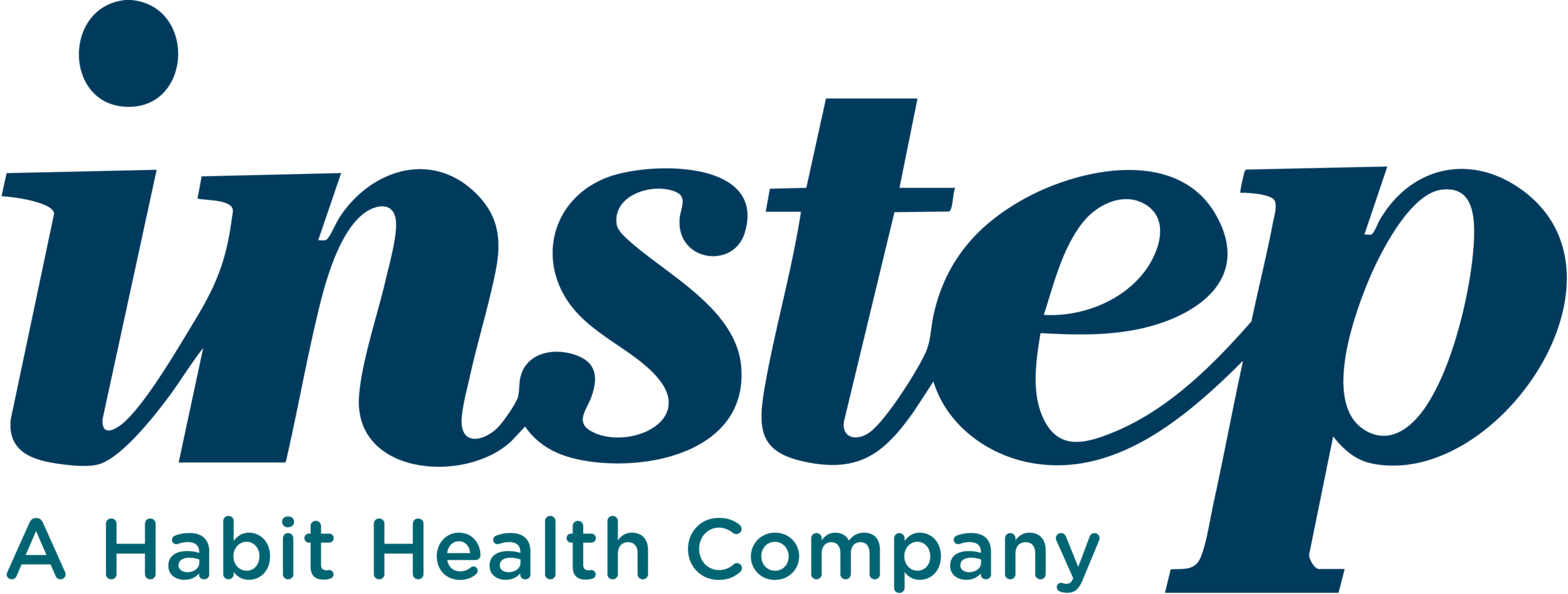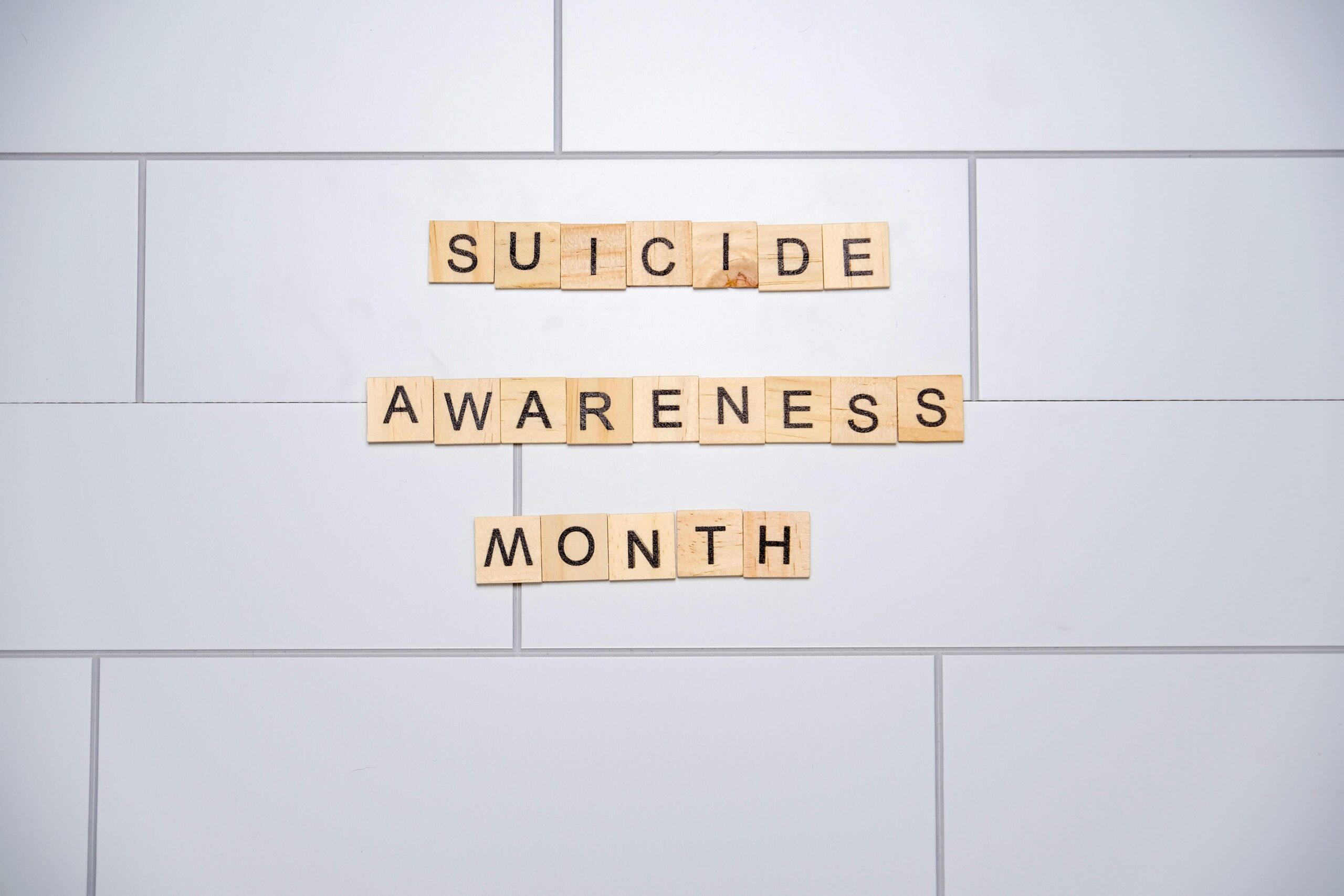It is possible for us to have a temporary mental health ‘issue’ such as severe stress. However, mental illness is when the person is having great difficulty coping with day-to-day activities.
Mental health problems may develop into a mental illness if not effectively dealt with or if it goes unnoticed for some time. It is rare that a person suffering from a mental illness will be able to make the symptoms go away by themself.
It is important to understand:
- Mental illness is not a form of disability, it is a disease just like diabetes or asthma and requires the same understanding, care and support.
- It is not a lifelong sentence when treated appropriately and early; most people recover fully and have no further episodes.
- It does not mean that a people who experience mental health issues are dangerous. Even people with the most severe mental illness are rarely dangerous when receiving appropriate treatment and support.
Effects of Mental Health Issues on Work
Some features which may become particularly evident to fellow colleagues or to employers are:
- Poor concentration, forgetfulness, and timekeeping.
- Disputes and arguments with fellow colleagues.
- Increase in unexplained absences or sick leave.
How can you support your colleagues?
- Listen more than talk, without being judgmental.
- Use open-ended questions.
- If the conversation is difficult: stay calm, be fair and consistent, and be patient.
Try not to:
- Use phrases like ’she’ll be right’ or ‘cheer up’.
- Assume it will just go away.
- Encourage the use of drugs or alcohol.
Some Treatments for Mental Illness
Recognising the early signs and symptoms of mental illness and helping the person obtain a qualified diagnostic assessment via their GP. This is important and the first stage of accessing effective treatment early.
Effective treatment can include cognitive and behavioural psychological therapies (CBT), support groups, rehabilitation programmes, specific psychiatric treatment, or medication.
Where can you go for help?
- Call our Instep EAP team for advice and support – 0800 284 678.
- Depression Helpline – Helping people understand depression and find a way through.
- Freephone 0800 111 757
- depression.org.nz
- Lowdown – Website, text and message board that helps young people understand depression.
- Text 5626
- thelowdown.co.nz
- Lifeline – Free 24/7 confidential counselling and support service
- Phone (09) 522 2999 (Auckland) or freephone 0800 543 354
- lifeline.org.nz
- Mensline – Free confidential telephone service tailored to meet the needs of men.
- Freephone 0800 636 754
- mensline.org.nz
- Youthline – Free 24/7 confidential support for young people
- Freephone 0800 376 633
- Text 234
- Email: talk@youth.co.nz




